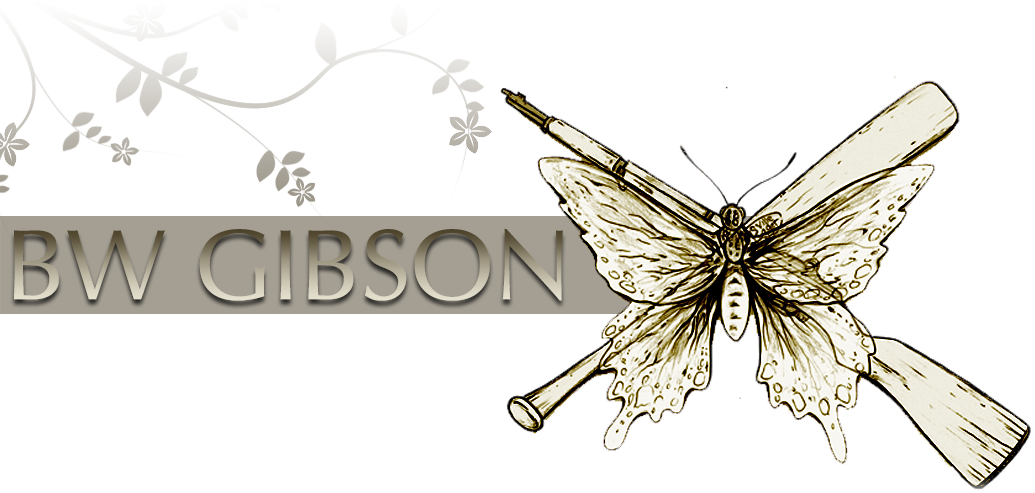I’d like to follow up on my 9/13 blog entitled: “Tips On Connecting with People Outside of Your Comfort Zone” and share some tips on connecting with a style of individuals that I refer to as “the toughies” – people who are rude and anti-social.
My career places in me front of clients and strangers all day long. Once in a while, there’s a client or stranger who’s a real tough nut to crack (“toughies“) in terms of connecting. Recently, a gentleman came into my store with his wife and a grim look on his face. He had an issue and needed it fixed right away. He was not interested in having any sort of conversation beyond getting his need satisfied. Still, my goal was to break this thick wall of ice between us. In order to do so, I had to look beyond his rude and unsocial personality to find the potential to make a positive and impressionable connection.
Long story short, we ended up having a series of laughs and a warm handshake and a smile when it was all said and done and get this – before leaving my office he requested one of my business cards himself. It was such a positive experience that I wanted to share a couple of tips with you all as to what I did to help make this happen.
The trick is to focus 100% on the person. This means don’t ask a question unless it 100% directly relates to the person standing in front of you. Remember, people love hearing their name and they love talking about themselves, their accomplishments and their interests. This gives you the opportunity to leverage favorable attention (see previous blogs) by utilizing their answers to pay them a compliment. Here are some examples of questions that are solely directed at learning about a specific person: “You look familiar.” “I don’t think we’ve met before, have we?” “If you don’t mind me asking, are you originally from (City Name)?” Although it would be acceptable to ask: “Do you live close to here?” Depending on their age: “What do you do for a living?” “Are you retired?” “Where did you retire from?” “Are you a student?” “Where did you graduate from?” “What do you do for a living?”
NOTE 1: Make Eye Contact when asking them a question.
NOTE 2: In the event that this rude person’s spouse is there with them, your questions should focus on both of them.
NOTE 3: DON’T ask indirectly related questions: “Do you have children?” This is actually a mistake because although a parent’s offspring is important to them, it’s indirectly related to them as an individual. Another example is the common ‘get to know you question’ of: “So tell me about yourself?” That is just too broad and will upset these people who aren’t in the mood to chat. Make sense?
Like with any conversation, ask one question and then wait for a response. Even if your rude or anti-social individual responds with “I don’t have time for chit-chat” don’t let that discourage your endeavor to make a connection. Proceed by acknowledging their desire to stay focused on their issue or need or whatever the situation and then, as you continue to work on solving their problem, ALSO continue to find ways to connect (polite persistent) but be careful not to barrage them with more than a few attempts. Please make sure you preface each attempt to connect by re-acknowledging their objection to connect with something like: “I know you’re in a hurry and I’m doing everything I can to help make that happen, however, I’m curious about something if you don’t mind my asking …”
In the long run, it’s critical that this rude or anti-social person(s) walks away with the general impression that you are trying to get to know them. They need to feel that you really care about getting to know them. Eventually, they may feel like a jerk for being so rude to you and that feeling could work in your favor the next time you encounter them. Overall, you never want these individuals to walk away feeling like they’ve controlled the conversation because they’ll own that expectation of control the next time you encounter them.
I hope some of these tips help so when you do encounter a rude person you’re back pocket’s equipped with a few tools to help break the ice and make a positive and impressionable connection.
